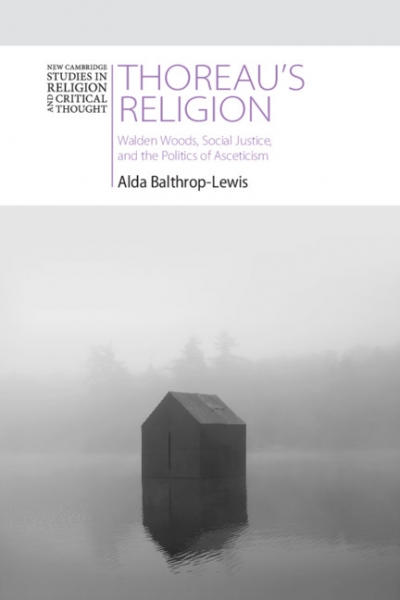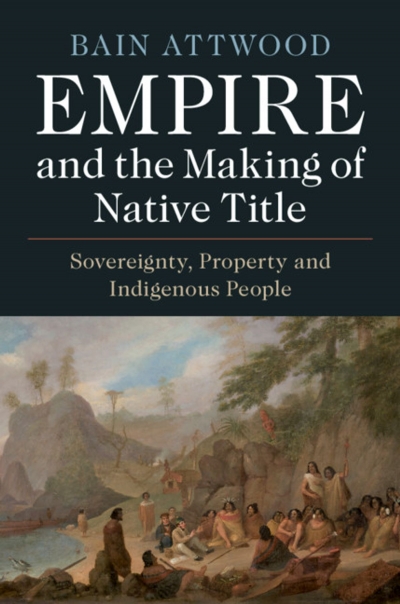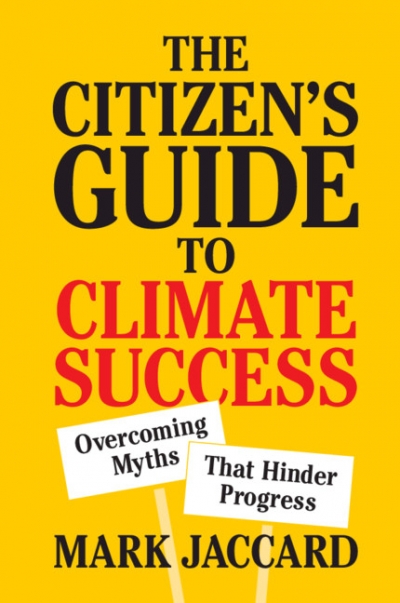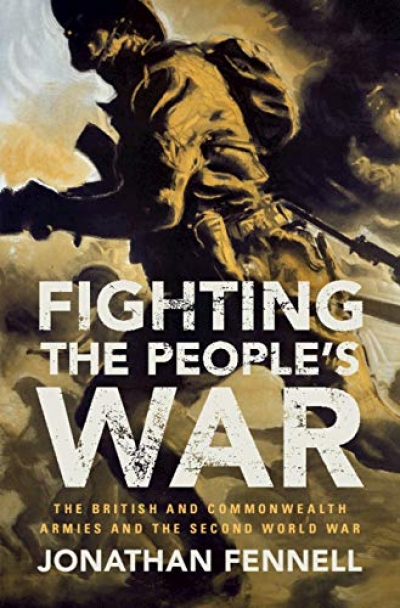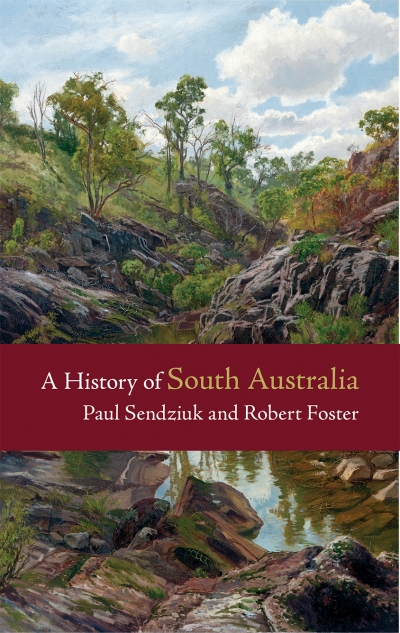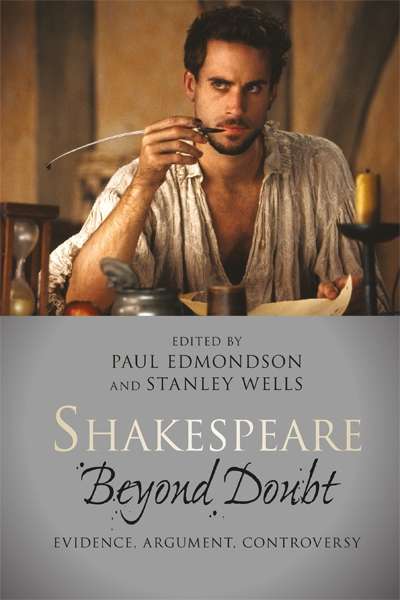Cambridge University Press
Thoreau’s Religion: Walden Woods, social justice, and the politics of asceticism by Alda Balthrop-Lewis
by Danielle Celermajer •
Empire and the Making of Native Title: Sovereignty, property and Indigenous people by Bain Attwood
by Lisa Ford •
The Citizen’s Guide to Climate Success: Overcoming myths that hinder progress by Mark Jaccard
by Natalie Osborne •
Fighting the People’s War: The British and Commonwealth armies and the Second World War by by Jonathan Fennell
by David Horner •
A History of South Australia by Paul Sendziuk and Robert Foster
by Kerryn Goldsworthy •
The Cambridge Edition of the Works of Ben Jonson edited by Ian Donaldson et al.
by Lisa Gorton •
Wilhelm II: Into the abyss of war and exile, 1900–1941 by John C.G. Rohl
by Miriam Cosic •
Shakespeare Beyond Doubt: Evidence, argument, controversy edited by Paul Edmondson and Stanley Wells
by Ian Donaldson •

